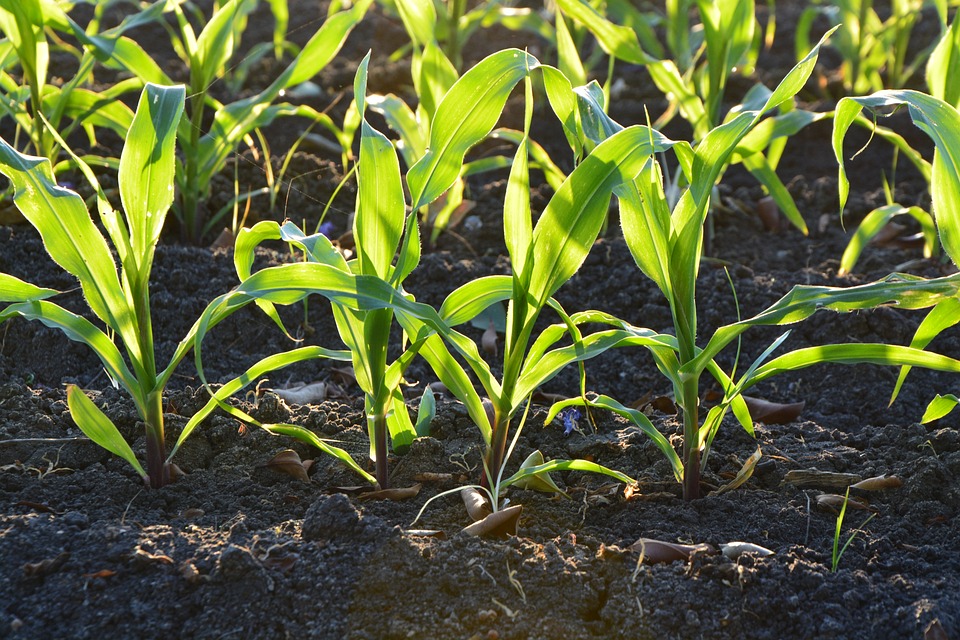Introduction
Soil is the foundation of all life on Earth. It is a complex ecosystem that supports plant growth and provides essential nutrients for our food production. However, soil health is often overlooked or neglected.
The Importance of Soil Health
Healthy soil is crucial for sustainable agriculture and the overall well-being of our planet. It acts as a natural filter for water, helps to prevent erosion, and stores carbon dioxide, mitigating climate change. Furthermore, healthy soil is teeming with beneficial microorganisms that promote plant growth and protect against pests and diseases.
Understanding Soil Composition
Soil is composed of a mixture of minerals, organic matter, water, and air. The mineral fraction provides essential nutrients such as nitrogen, phosphorus, and potassium, while organic matter improves soil fertility and structure. Water and air are vital for the exchange of gases and moisture uptake by plant roots.
Testing and Analyzing Soil
Before implementing any soil care strategies, it is crucial to test and analyze your soil. Soil testing provides valuable information about its nutrient content, pH levels, and any potential deficiencies or imbalances. This data will help you tailor your soil care practices to meet the specific needs of your plants.
Improving Soil Structure
Soil structure refers to the way particles, organic matter, and pore spaces are arranged. Compacted soil impedes root growth and restricts the movement of air and water. To improve soil structure, consider adding organic matter such as compost or well-rotted manure. This will help create a crumbly texture and enhance drainage capacity.
Enhancing Soil Fertility
Soil fertility is essential for optimal plant growth and productivity. Organic matter plays a crucial role in enhancing soil fertility by improving nutrient availability, water-holding capacity, and microbial activity. Regularly incorporating compost or other organic amendments into your soil will replenish its nutrient content and provide a sustainable source of plant nutrients.
Conserving Soil Moisture
Water is a precious resource, and conserving soil moisture is vital for sustainable gardening and farming practices. Mulching is an excellent technique to reduce evaporation, regulate soil temperature, and suppress weed growth. Organic mulches, such as straw or wood chips, also break down over time, enriching the soil with organic matter.
Preventing Soil Erosion
Soil erosion, caused by wind or water, is a significant problem worldwide. It leads to the loss of topsoil and nutrients, negatively impacting plant growth and water quality. Planting cover crops, establishing windbreaks or hedgerows, and using erosion control measures like contour plowing can help minimize soil erosion and protect your soil’s health.
Applying Correct Fertilization Practices
Applying the right amount and type of fertilizer is crucial for optimizing plant growth while minimizing environmental impact. Soil test results will guide you in determining the appropriate fertilizer ratios and amendments needed for your specific soil and plants. Consider using slow-release or organic fertilizers to reduce nutrient leaching and promote long-term soil health.
Rotating Crops and Practicing Crop Diversity
Monocropping, or continuously growing the same crop on the same land, can deplete soil nutrients, facilitate pest buildup, and increase disease susceptibility. By implementing crop rotation and diversifying your plantings, you can maintain soil fertility, reduce pest pressure, and improve overall ecosystem health.
Managing Soil pH
Soil pH influences nutrient availability to plants. Most crops prefer a slightly acidic to neutral pH, although specific pH requirements vary across different plant species. Adjusting soil pH using lime or sulfur amendments can help create an optimal environment for plant nutrient uptake and support healthy growth.
FAQs
1. How often should I test my soil?
Soil testing should be done every 2-3 years. However, more frequent testing may be necessary if you have made significant changes to your soil management practices or are experiencing plant health issues.
2. Can I conduct a soil test at home?
Home soil testing kits are available, but they may not provide as accurate results as a professional laboratory analysis. A professional soil test can offer comprehensive insights tailored to your specific soil needs.
3. What is the best way to prevent soil erosion?
Planting cover crops, using erosion control measures, establishing windbreaks, and mulching are effective ways to prevent soil erosion. Additionally, avoiding excessive tilling and adopting conservation tillage practices can help preserve soil structure and reduce erosion.
4. Are organic fertilizers better for soil health?
Organic fertilizers, derived from natural sources, are generally considered better for long-term soil health. They improve soil structure, enhance microbial activity, and release nutrients slowly. However, the choice of fertilizer depends on your specific soil condition and plant requirements.
5. Is it necessary to rotate crops in a home garden?
While crop rotation may not be as critical in a small home garden, it still offers benefits such as reducing disease buildup and improving soil health. By rotating crops, you can maximize nutrient availability, minimize pest pressure, and create a sustainable gardening environment.




